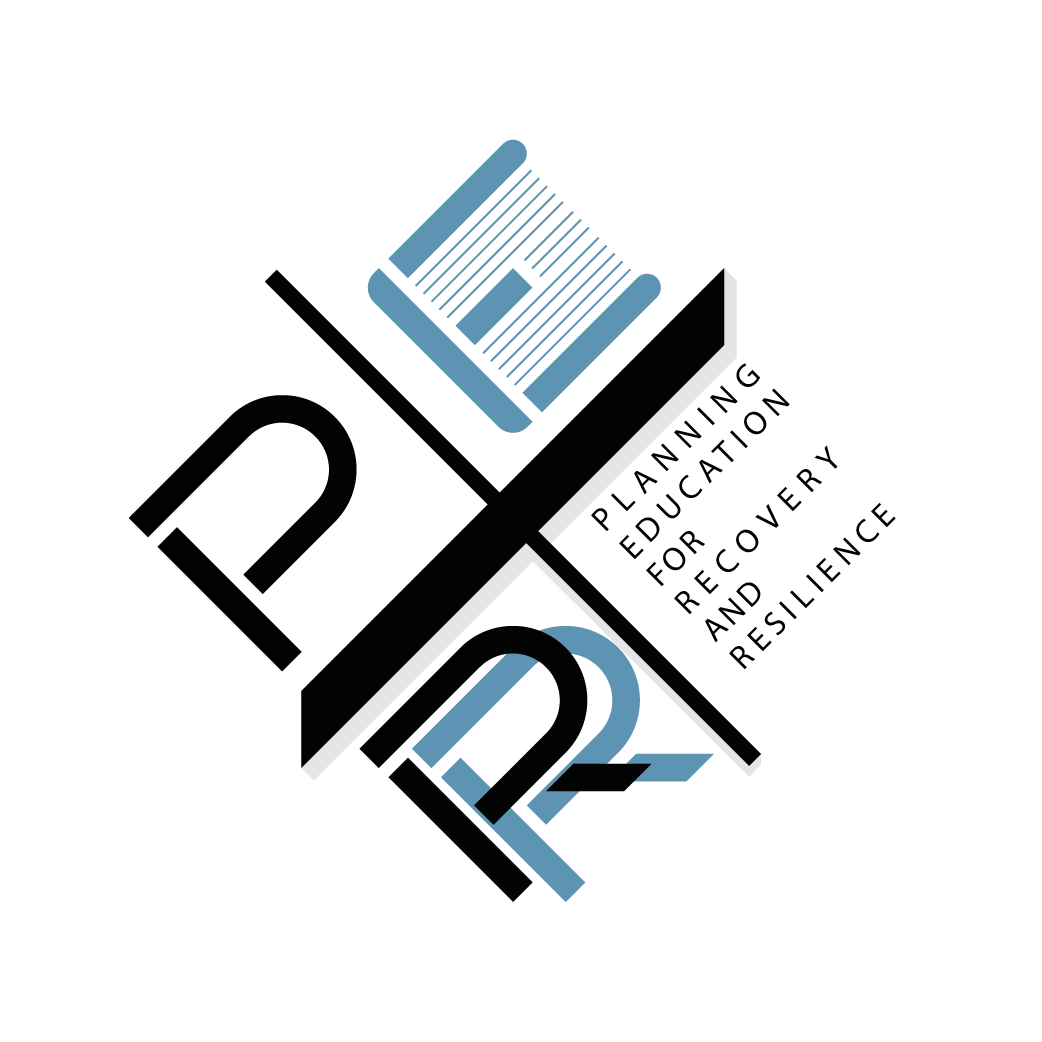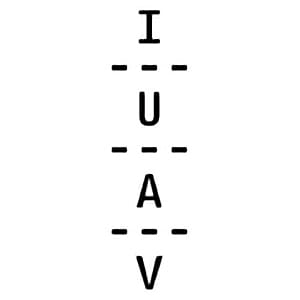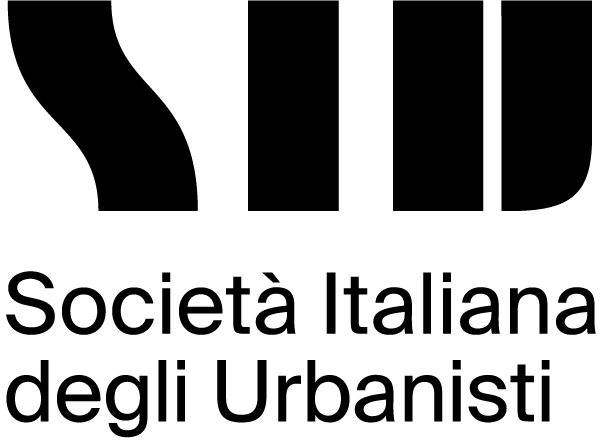AESOP 2024 HEADS OF SCHOOLS MEETING | ROUNDTABLES
Round-table 1
The role of Interdisciplinarity
Planners deal today with increasingly complex issues, the solutions of which rely on the synthesis of different disciplinary knowledge. Although the integration of multiple disciplinary/professional domains has historically been a prerogative of the planning discipline, the challenges of recovery and resilience require planners to move across different scientific and methodological approaches, as well as intellectual and professional traditions. To what extent is planning education fostering, today, its “integrative” nature? How are planning schools providing interdisciplinary capacities, skills and competencies?
Round-table 2
Planning practices between politics and technics
Multiple and dramatic crises have affected, in the last years, the European (and international) social, economic, environmental and geopolitical context, forcing planners to operate within uncertain environments. Planning for recovery and resilience in emergency and extraordinary situations challenges the theories and practices of planning. Planning practitioners are asked today to balance their work in a tension towards the “managerialisation” of planning processes (to respond to tight temporal deadlines and spending constraints), and their (re)politicisation (by recognising the pluralisation of interests at stake, and the social and the interactive nature of the policy-making process). Are planning schools providing contemporary planning graduates with the competencies to successfully operate within such a context?
Round-table 3
Proactive or reactive planning?
After years of progressive reduction of public resources, European States and cities are planning and managing today – with tight temporal deadlines and spending constraints – a large number of interventions financed through ordinary and extraordinary tools (the EU structural funds 2021-2027, various national co-financing, the NextGenerationEU launched to stimulate the post-pandemic recovery). In the current condition, is planning still a discipline that can anticipate, imagine, and design the future of cities with shared and long-term horizons? Or has it become a profession that simply responds to events (crises, emergencies, exceptional funds), yet abandoning its long-term visioning capacity? To what extent is planning education moving across the proactive or the reactive nature of planning?
Round-table 4
Enhancing the quality of planning programmes in Europe
In the current condition of rapid and unpredictable global changes that significantly affect the planning profession, it is imperative to understand whether and how European planning schools are providing future planning practitioners with extensive knowledge and skills for planning and programming the recovery, transition, and resilience of cities. The roundtable, organised by AESOP Excellence in Education Board, will explore these issues, and reflect on the different paths that are being followed by different planning programmes in Europe to enhance the quality of the planning education.





